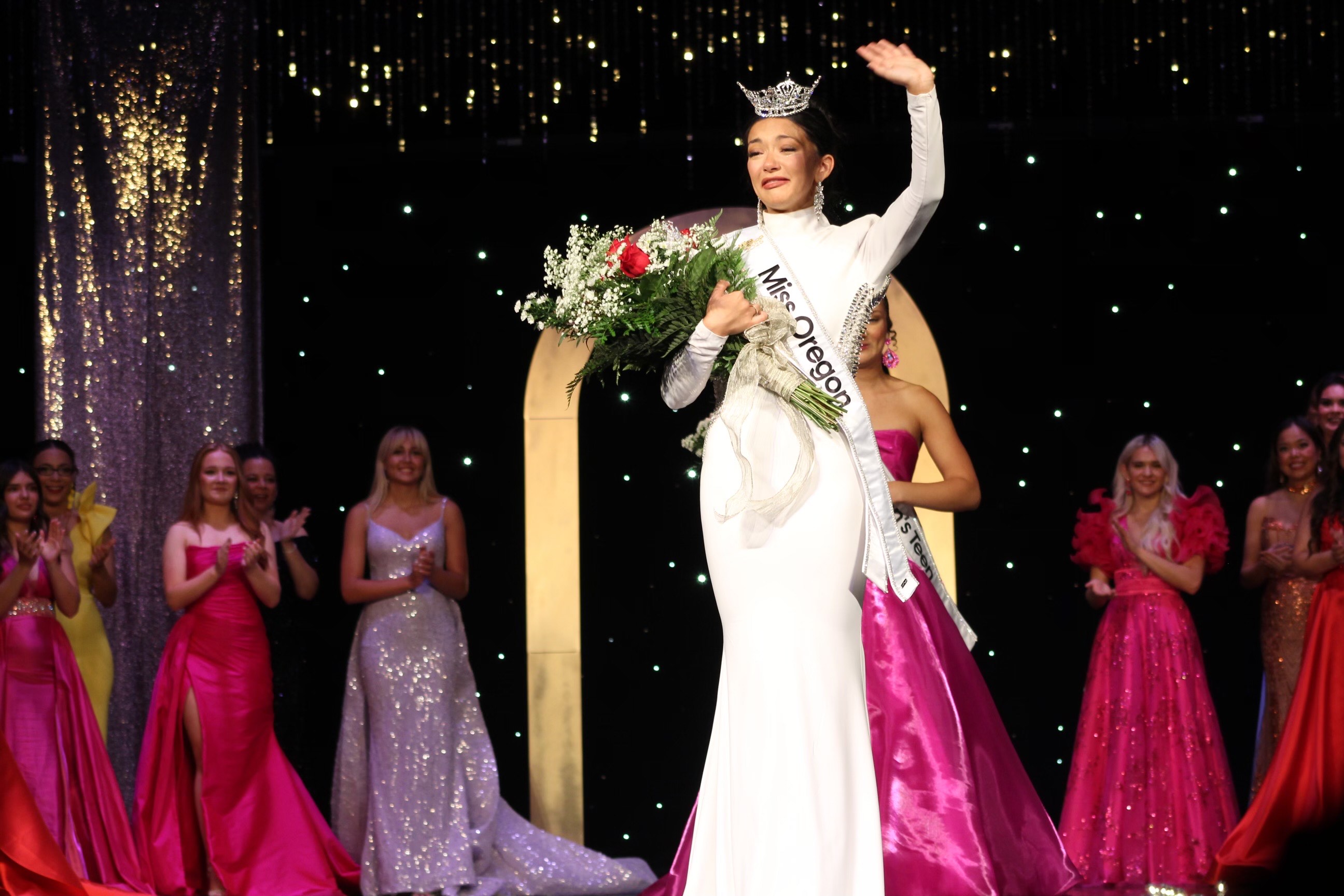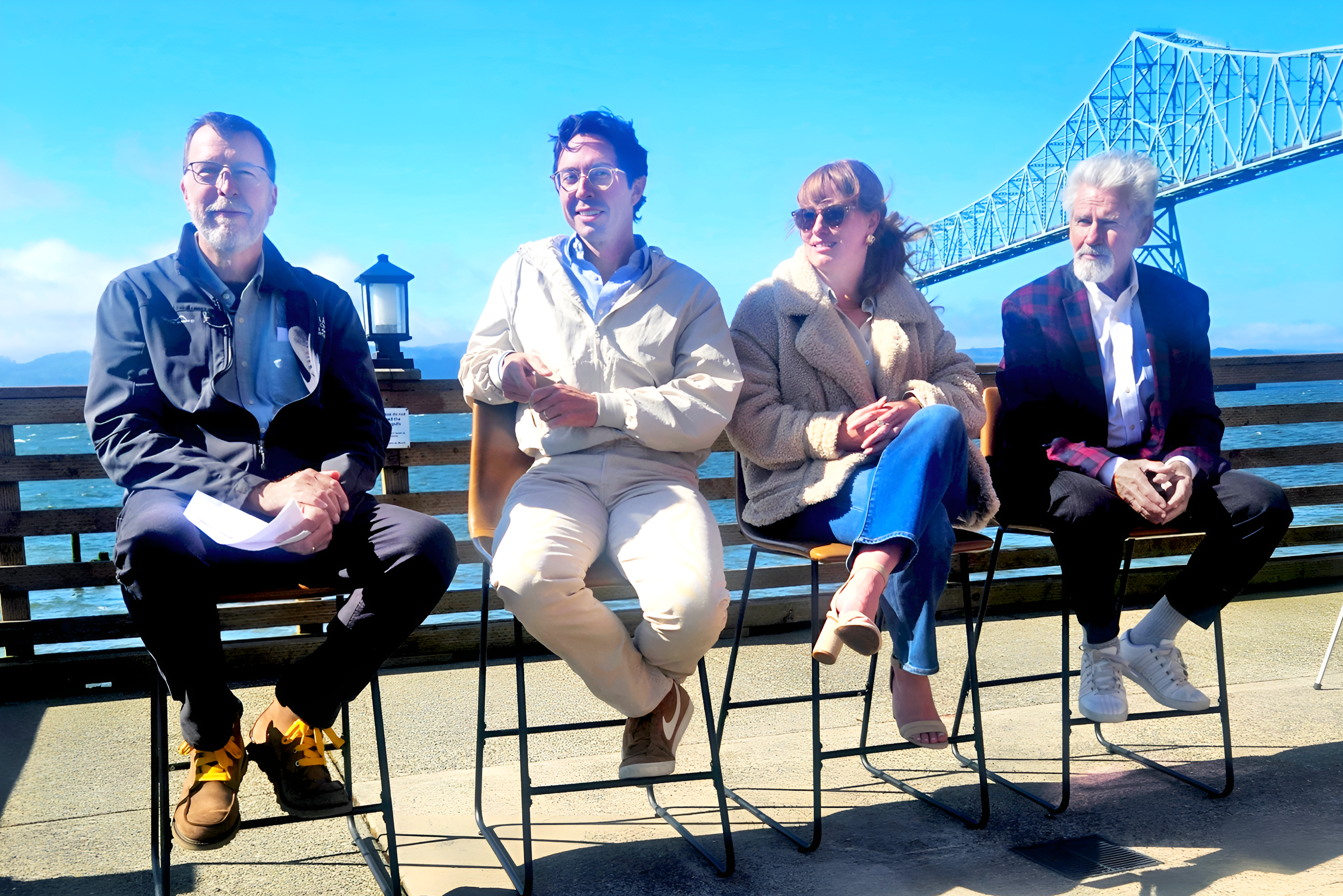Of Cabbages and Kings: Two powerful films enlighten
Published 4:00 pm Tuesday, March 6, 2012
Every Oscars night, I?view the nominees for best documentary film with a mixture of curiosity and remorse.
The remorse is because Ill never see them in a theater.
Now Netflix has changed that. A few of this years finalists can be viewed on ones laptop via Netflix.
On Sunday evening, I?took in two of the finalists: Hell and Back Again and If a Tree Falls: A Story of the Earth Liberation Front. It was somber viewing.
Hell and Back Again is about one Marine combat companys experience in Afghanistan and one wounded sergeants life after coming home. Watching the films combat footage gives you a feeling for the filmmaker Danfung Dennis moxie and technical prowess. The sad contrast of the film is between Sgt. Nathan Harris on patrol in Afghanistan and the wounded young man who struggles to walk without a cane. Im only going to be able to get back to so good, Harris says. Being a grunt is over. Thats the only thing I want to be.
***
The great value of Hell and Back Again is its plainspoken look at combat operations in Afghanistan. It is a perspective thats well beneath the headline level. For a nation that largely has scant emotional contact with this war, it is important viewing.
Dennis film shows the most frightful moment, when a Marine is wounded. Sgt. Harris plaintive desire to be a grunt again reminds us of how forgotten a veteran can become. It happens with every war.
Last week, I happened on to a powerful statement of this phenomenon in World War II:?365 Days, a publication of the Library of Congress. The entry for Nov. 30 carries the experience of Eugene Sledge, which he recorded in his posthumously published China Marine (2002). For the first twenty-odd years after my return (from World War II), nightmares occurred frequently, waking me either crying or yelling, always sweating, and with a pounding heart.
I was totally unprepared for how rapidly most Americans who did not experience combat would forget about the war, the evils we faced, and how incredibly tough it had been for us to defeat the Japanese and the Nazis, he wrote after describing an encounter with a particularly obtuse college registrar. I felt like some sort of alien, and I realized that this sort of thing would confront me the rest of my days.
***
If a Tree Falls recounts a number of arsons in our region that were connected to the Earth Liberation Front. One was a fire at a Clatskanie tree farm. When prodded, I remembered a number of these. But I had no idea the level of conflict between Eugene police and eco-resisters. Seeing all of these events side by side emotionally generated the kind of powerful storytelling that film allows.
The movies narrative is provided by a young man and a young woman who played minor roles in the eco-terrorism, but who nonetheless were prosecuted as part of a nationwide roundup.
Since the films epicenter is Eugene, I asked my colleague Jack Wilson at The Register-Guard in Eugene if he had seen it. Jack wrote me that, Overall … the film left me with a sense of waste wasted youth and energy for a cause that left a lot of damage in its wake, not only among the targets but among the perpetrators.
S.A.F.






